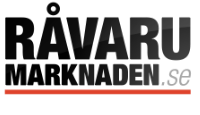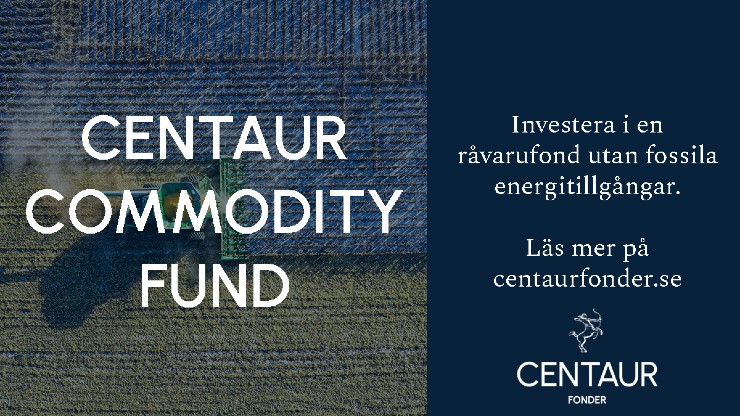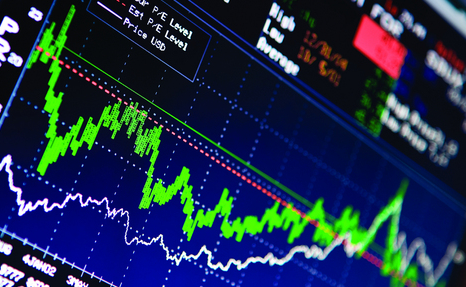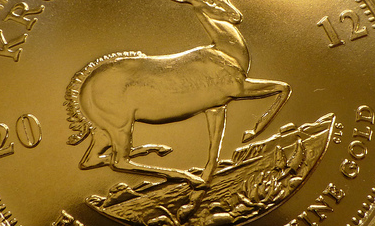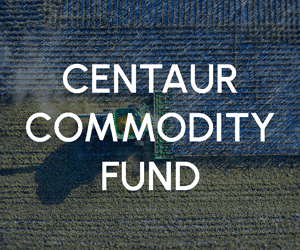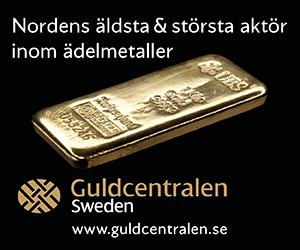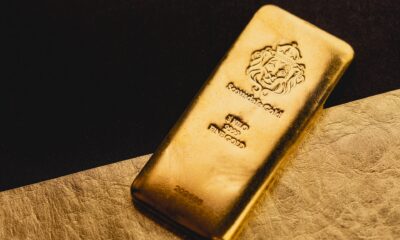Nyheter
David Hargreaves on Precious Metals, week 25 2014
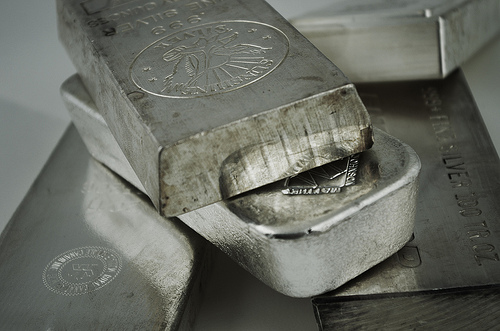
The upward leap in gold this week, over 3%, to top $1300/oz, was largely propelled by a furious trading session of over 80t in New York on Thursday and is attributed by some to short covering.
Why? Prior to the Iraq boilover and in spite of continued fighting in Syria, Libya and stations east, the consensus was for the gold price to drift down to $1050-1000. This encouraged the more adventuresome elements to go short. Came Iraq and the US hinting it might not raise interest rates right now and chaos set in. So up went gold. Will it go further? Maybe. How much further? If the short sellers have now been taken out, we have a level pitch.
WIM says: We stay by our $1200 base price for gold, the rest being the froth. There could be more of that, who knows?
Now what has it done for shares? Well, at first blush it has enhanced the majors because current price increases report to the bottom line, but not so the junior explorer-developers, because few believe this bubble. So?
The juniors were not so well treated. We saw:
Elsewhere, we saw more formative activity.
The London Gold Fix has had a kick in the pants and, with the imminent demise of the silver fix, will not be the same again. Arguably, modernisation was overdue. The WGC will host a forum on July 7 to look at reform. London’s Financial Conduct Authority (FCA) will attend as an observer. Included will be (if they show up) bullion banks, refiners, ETFs, Exchanges, central banks and mining companies.
The WGC is trying to take all this seriously, but in danger of drowning in platitudes. It speaks of the needs of all market participants, today’s requirements, transparency, liquidity and independent oversight. It sobers up by saying any solution should be based on five principles: executed trades, a tradeable price – not just a reference price, highly transparent, subject to audit and be calculated from a deep end liquid market.
WIM says: This has gone too far to use the adage “if it ain’t broke, don’t fix it”. The fix will have to evolve, but will it turn out to be a camel, ie a horse designed by a committee? This is too important a market with which to play football.
Platinum continues to centre on the South African miners’ strike, since that country continues to produce up to 80% of all world production of this key industry metal. Now since the major producers have been out of action for over 20 weeks (see Countries) we might have expected the price to fly. Not so. Whereas gold advanced $41 on the week, platinum only managed $15, thus the premium dropped from 1.13 to 1.11. The strike is approaching the bloody stage and the companies – Implats, Amplats and Lonmin – will not let go. Not helping the union (AMCU) cause is that platinum metal production increased by a seasonally adjusted 39% between March and April. Surface stocks would still appear adequate and recycling continues apace.
WIM says: Sorry, AMCU, it may be pie-eating time, the humble variety. One day the strike will have to be settled and the return to work will almost certainly trigger a fall in price. It will also exacerbate South Africa’s acute power supply problem.
Silver has again become fashionable amongst the fringe punter-analysts. Now, why? This column pointed out some time ago that whilst nobody knows just how much of the world’s oldest metal lies on surface, it is a lot. On a ratio of its 20:1 price to gold, we might say 3 million tonnes, enough to go around. One bit of excitement is that its time-honoured price mechanism, the London Silver Fix, is to be abandoned in August. Something will have to replace it. Several contenders are throwing their hats into the ring. Reuters, as reported by Mineweb, says there are three alternatives on offer. Shiver me timbers, you can only have two alternatives, but let’s plough on. One is the LME, then there is the Chicago Mercantile Exchange (CME) and the third is a ring-based solution. At least 10 companies will compete.
[hr]
About David Hargreaves
David Hargreaves is a mining engineer with over forty years of senior experience in the industry. After qualifying in coal mining he worked in the iron ore mines of Quebec and Northwest Ontario before diversifying into other bulk minerals including bauxite. He was Head of Research for stockbrokers James Capel in London from 1974 to 1977 and voted Mining Analyst of the year on three successive occasions.
Since forming his own metals broking and research company in 1977, he has successfully promoted and been a director of several public companies. He currently writes “The Week in Mining”, an incisive review of world mining events, for stockbrokers WH Ireland. David’s research pays particular attention to steel via the iron ore and coal supply industries. He is a Chartered Mining Engineer, Fellow of the Geological Society and the Institute of Mining, Minerals and Materials, and a Member of the Royal Institution. His textbook, “The World Index of Resources and Population” accurately predicted the exponential rise in demand for steel industry products.
Nyheter
USA ska införa 50 procent tull på koppar
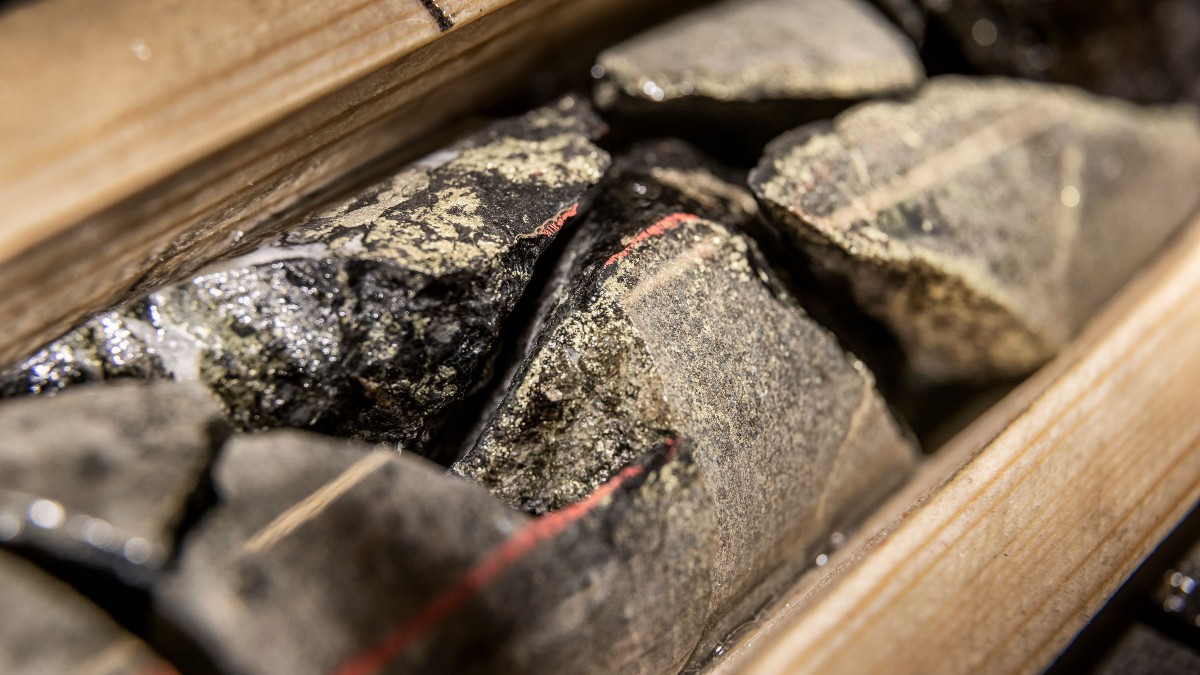
USA:s president Donald Trump har precis meddelat att landet ska införa en tull på 50 procent på basmetallen koppar. Priset på råvarubörsen i USA stiger omgående med 10 procent.
USA har viss inhemsk produktion av koppar, men den inhemska efterfrågan överstiger produktionen. Därför måste landet importera koppar för att täcka behovet, särskilt för användning inom elnät, elektronik, byggindustri och fordonssektorn. De största exportörerna till USA är Chile, Kanada, Mexiko och Peru.
När tullar av denna typ införs uppstår prisskillnader i världen. Handlar man koppar på börsen är det därför viktigt att veta vilken börs man handlar på eller om man använder certifikat så är det viktigt att veta vilka underliggande värdepapper de följer.
Sedan är det som alltid med Trump, begreppet är som bekant TACO, Trump Always Chickens Out. Man ska alltså inte ta några definitiva stora beslut baserat på vad han säger. Saker och ting kan ändra sig från dag till dag.
Nyheter
Ryska staten siktar på att konfiskera en av landets största guldproducenter
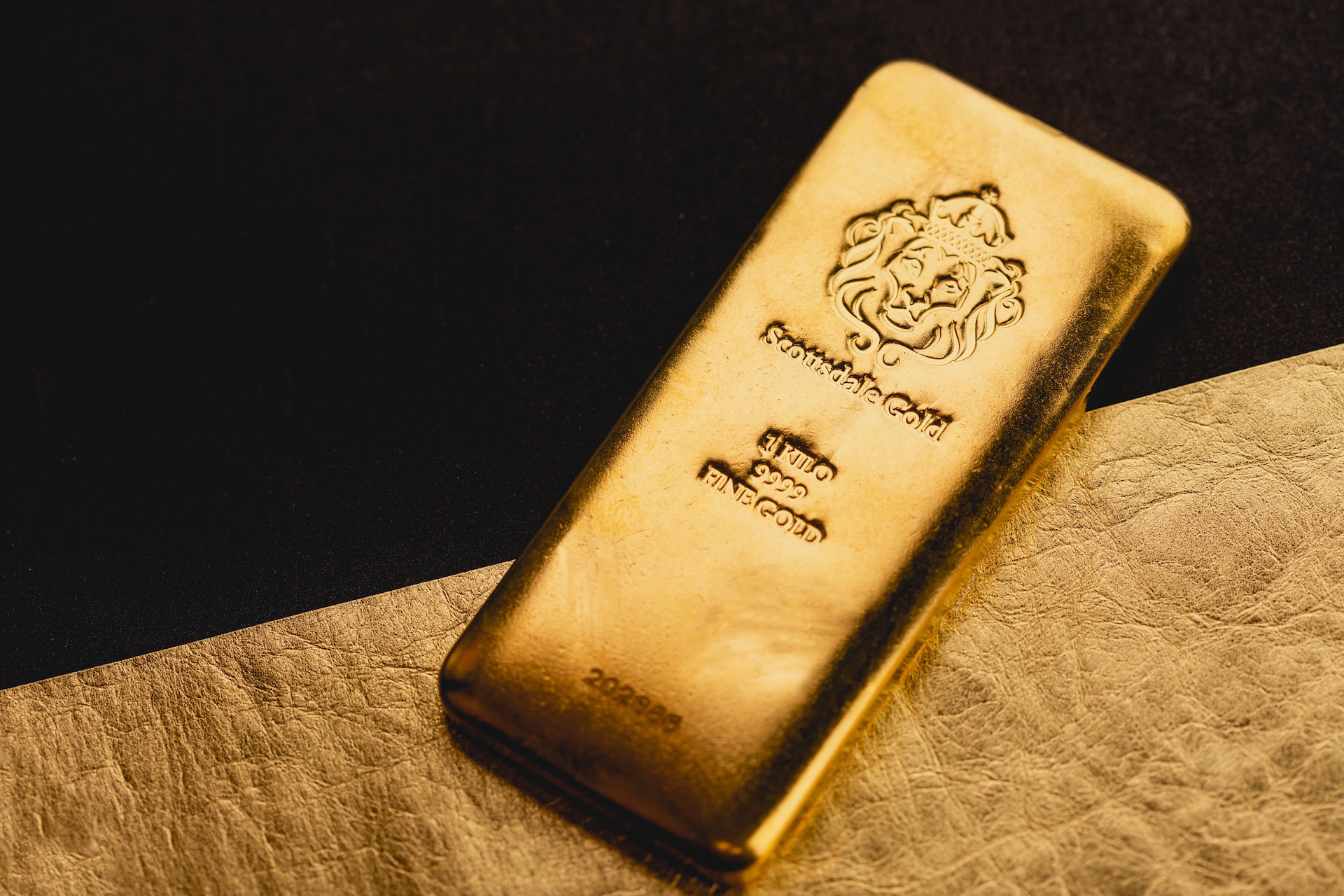
En våg av panik sprider sig bland Moskvas elit sedan Vladimir Putins regim inlett en dramatisk offensiv för att beslagta tillgångarna hos Konstantin Strukov – en av Rysslands rikaste affärsmän och ägare till landets största guldgruvföretag, Yuzhuralzoloto. Åtgärden ses som ett tydligt tecken på hur långt Kreml är villigt att gå för att säkra ekonomiska resurser i takt med att kostnaderna för kriget i Ukraina stiger.
Strukovs förmögenhet, som uppskattas till över 3,5 miljarder dollar, byggdes upp under decennier i nära relation med maktens centrum i Ryssland. Men den 5 juli stoppades hans privatjet från att lyfta mot Turkiet. Enligt flera ryska medier deltog den federala säkerhetstjänsten FSB i ingripandet, och Strukovs pass beslagtogs. Händelsen ska vara kopplad till en omfattande rättsprocess där åklagare kräver att hela hans företagsimperium förverkas – med hänvisning till påstådd korruption och användning av skalbolag och familjemedlemmar för att dölja tillgångar.
Företaget själva förnekar att något inträffat och kallar rapporteringen för desinformation. De hävdar att Strukov befann sig i Moskva hela tiden. Trots det bekräftar rättsdokument att både han och hans familj förbjudits att lämna landet, och att myndigheterna snabbt verkställt beslutet.
Det som nu sker är en del av ett större mönster i ett Ryssland präglat av krigsekonomi: staten tar tillbaka kontrollen över strategiska sektorer som guld, olja och försvarsindustri – industrier som nu allt mer mobiliseras för att finansiera och stödja krigsinsatsen. Intressant nog handlar det inte om att Strukov ska ha varit illojal mot regimen – tvärtom har han varit en lojal allierad, med politiska uppdrag knutna till Putins parti. Men lojalitet räcker inte längre som skydd.
Medan tidigare utrensningar ofta riktade sig mot krigskritiker eller de som flydde landet, drivs dagens tillgångsövertaganden av något mer fundamentalt: ekonomisk nöd. De växande sanktionerna har nästan helt strypt inflödet av utländskt kapital. Statens oljeintäkter minskar och budgetunderskotten växer. Putins lösning är att vända sig inåt – till de oligarker han själv lyfte fram – för att fylla statskassan.
Det här är inte ett enskilt fall. På senare tid har flera framstående affärspersoner hamnat i plötsliga rättsliga tvister, omkommit under mystiska omständigheter eller sett sina bolag tas över av staten. Den oskrivna överenskommelsen som länge gällde i Putins Ryssland – rikedom i utbyte mot lojalitet – håller på att kollapsa.
Den 8 juli väntar en rättsförhandling som kan avgöra framtiden för Strukovs affärsimperium. Men budskapet till Rysslands näringslivselit är redan tydligt: ingen är för rik, för lojal eller för nära den politiska makten för att gå säker. I ett Ryssland där kriget kräver allt större uppoffringar riskerar oligarker att snabbt förvandlas till måltavlor.
Nyheter
Hur säkrar vi Sveriges tillgång till kritiska metaller och mineral i en ny geopolitisk verklighet?
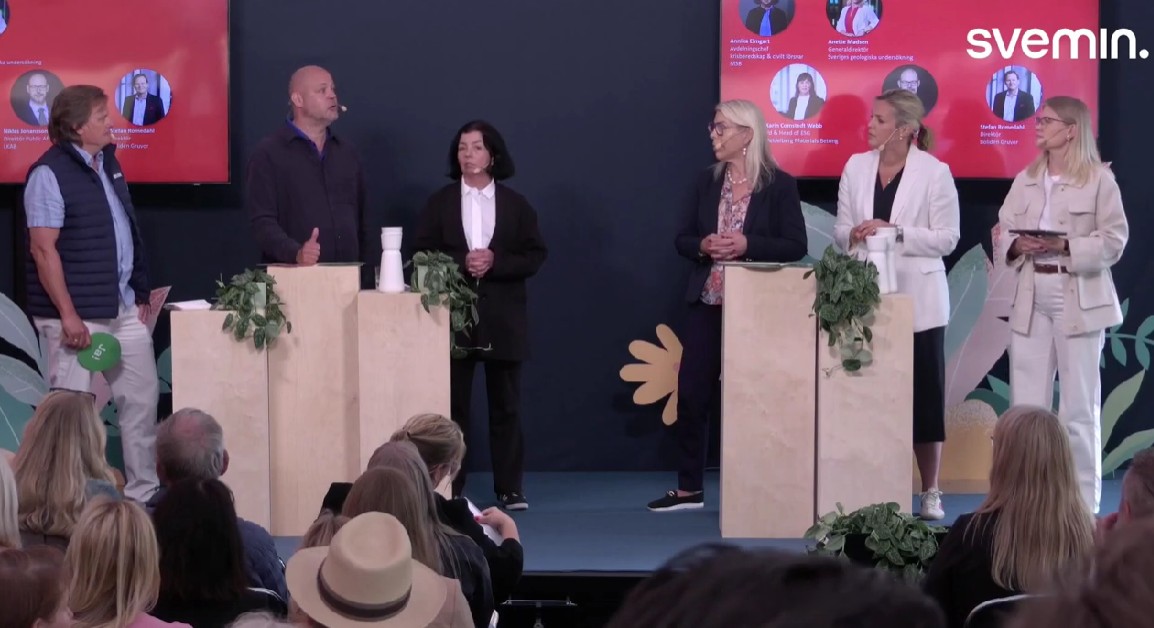
När världsläget förändras ställs Europas beroende av metaller och mineral på sin spets. Geopolitiska spänningar, handelskonflikter och ett mer oförutsägbart USA gör att vi inte längre kan ta gamla allianser för givna. Samtidigt kontrolleras en stor del av de kritiska råvarorna vi är beroende av av andra makter – inte minst Kina. Vad händer med Sveriges industriella förmåga i ett läge där importen stryps? Hur påverkas försvarsindustrin av Kinas exportrestriktioner? Är EU:s nya råvarupolitik tillräcklig för att minska sårbarheten – eller krävs ytterligare statliga insatser och beredskapslagring? Svemin anordnade den 25 juni ett seminarium som bestod av bestod av deltagare från myndigheter, politik och industri. Man diskuterar Sveriges och EU:s strategiska vägval i en ny global verklighet – och vad som krävs för att säkra tillgången till metaller när vi behöver dem som mest.
-
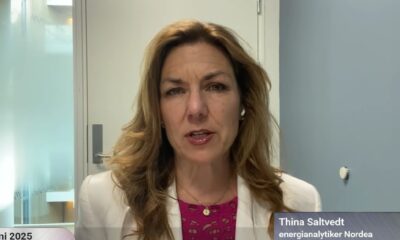
 Nyheter4 veckor sedan
Nyheter4 veckor sedanUppgången i oljepriset planade ut under helgen
-

 Nyheter3 veckor sedan
Nyheter3 veckor sedanMahvie Minerals växlar spår – satsar fullt ut på guld
-

 Nyheter4 veckor sedan
Nyheter4 veckor sedanLåga elpriser i sommar – men mellersta Sverige får en ökning
-

 Nyheter2 veckor sedan
Nyheter2 veckor sedanOljan, guldet och marknadens oroande tystnad
-
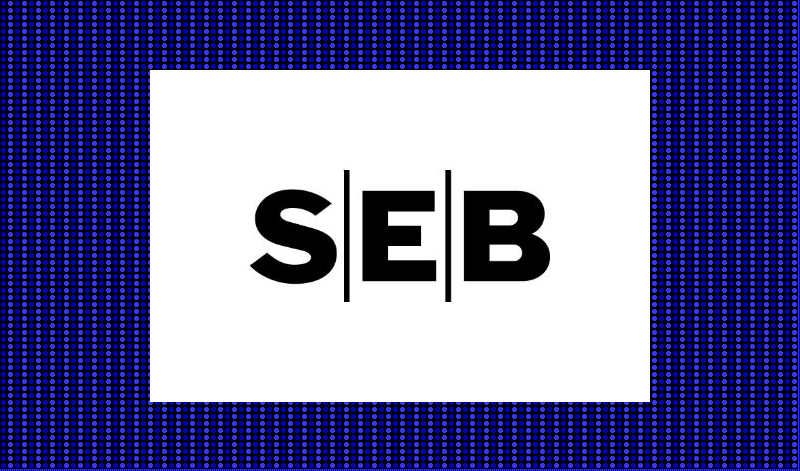
 Analys4 veckor sedan
Analys4 veckor sedanVery relaxed at USD 75/b. Risk barometer will likely fluctuate to higher levels with Brent into the 80ies or higher coming 2-3 weeks
-

 Nyheter2 veckor sedan
Nyheter2 veckor sedanJonas Lindvall är tillbaka med ett nytt oljebolag, Perthro, som ska börsnoteras
-

 Analys3 veckor sedan
Analys3 veckor sedanA muted price reaction. Market looks relaxed, but it is still on edge waiting for what Iran will do
-

 Nyheter2 veckor sedan
Nyheter2 veckor sedanDomstolen ger klartecken till Lappland Guldprospektering





